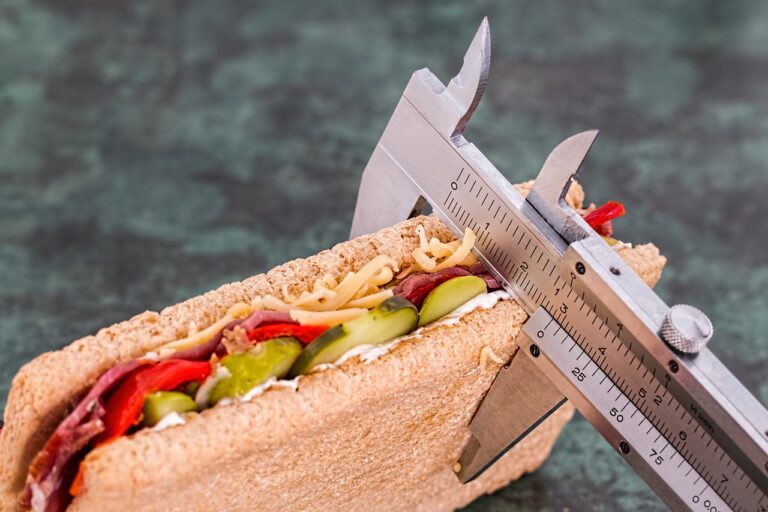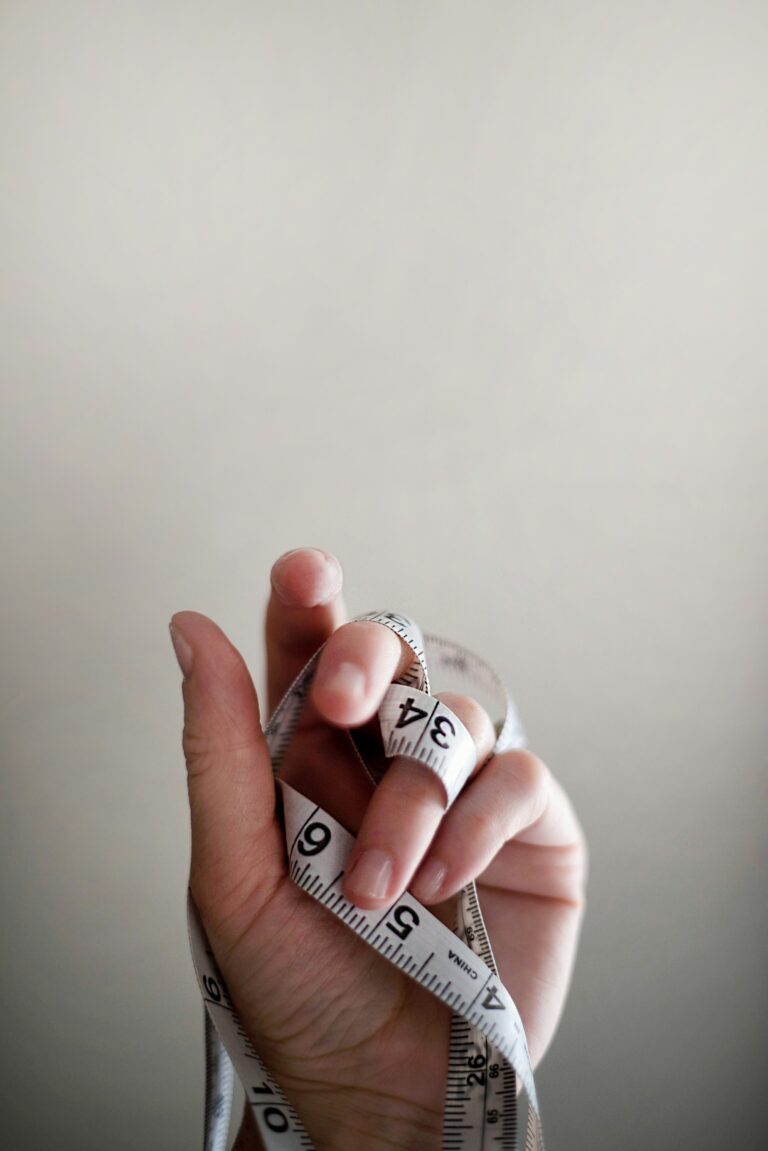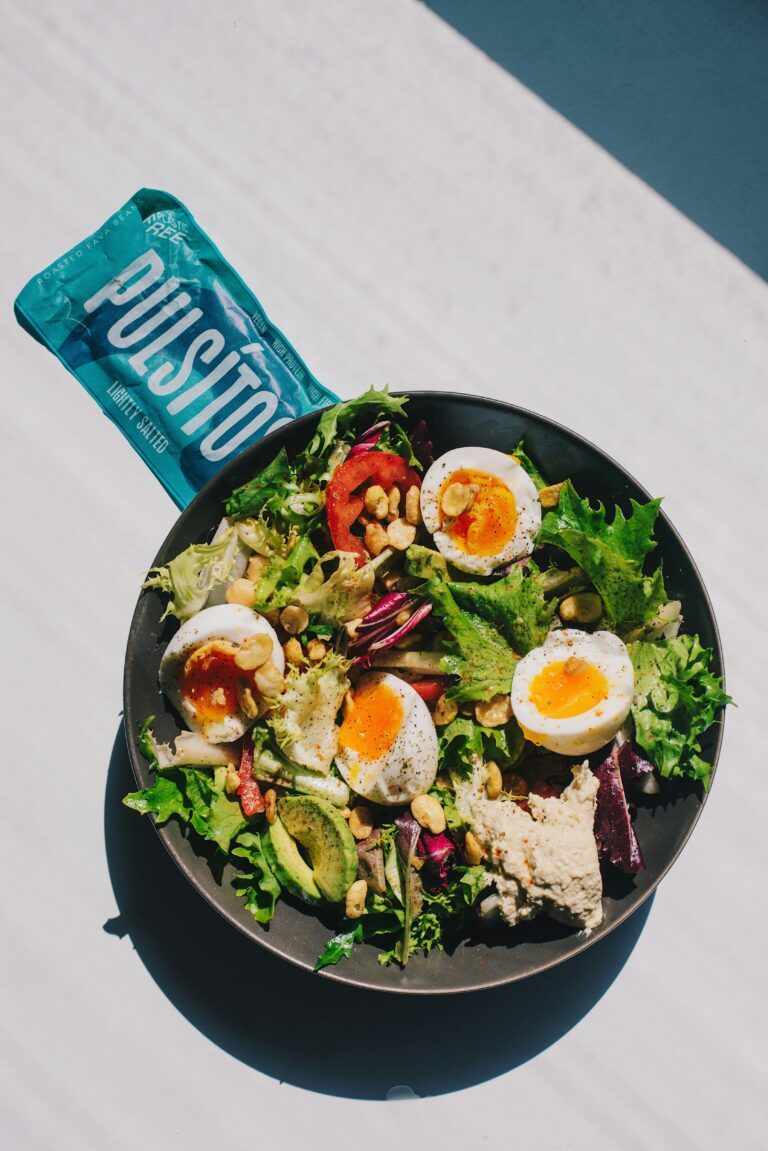Ramadan, a holy month cherished by Muslims worldwide, is a time for spiritual reflection, devotion, and community. But navigating dietary choices amidst fasting hours can be a challenge, especially if you’re aiming for weight loss. Here’s the good news: with a well-crafted Ramadan diet plan for weight loss, you can achieve both spiritual and physical well-being throughout this holy month.
Understanding Weight Loss and Ramadan:
Ramadan, a blessed month observed by Muslims worldwide, presents a unique opportunity for spiritual growth. However, navigating dietary choices among fasting hours can be a challenge, particularly if you’re aiming for weight loss. While a natural reduction in calorie intake might occur, understanding how to approach diet plan for sehri and healthy iftar is crucial for successful weight loss during Ramadan.
Here’s why simply restricting calories during Ramadan might not be the best approach for weight loss:
- Muscle Loss: Our bodies prioritize readily available energy sources when food intake is limited. If we don’t consume enough protein, especially during diet plan for sehri, muscle might be broken down for fuel. Muscle mass plays a vital role in metabolism, so this can actually hinder your weight loss goals in the long run.
- Fatigue and Reduced Activity Levels: Feeling drained is a common experience during Ramadan. This can lead to decreased physical activity levels, further impacting your weight loss efforts.
- Unhealthy Choices at Iftar: Breaking the fast with sugary or processed foods might seem tempting, especially at an healthy iftar. However, it can lead to blood sugar spikes and crashes, leaving you feeling hungrier later, potentially derailing your weight loss journey.
The key to successful weight loss during Ramadan lies in a diet plan for Ramadan that focuses on balanced nutrition. By strategically distributing your meals throughout the non-fasting window, prioritizing whole foods rich in protein, fiber, and healthy fats, and staying hydrated, you can achieve your weight loss goals while fulfilling your spiritual obligations.
Here’s how a well-crafted Ramadan diet plan for weight loss can address these challenges:
- Nutrient-Dense Sehri: A diet plan for sehri packed with protein, complex carbohydrates, and healthy fats ensures sustained energy throughout the fasting period. This prevents reaching for unhealthy snacks and sets the stage for a healthy iftar later.
- Balanced Iftar Meals: Healthy iftars that focus on lean protein sources, complex carbohydrates, and fiber promote satiety, keeping you feeling full for longer and preventing overeating. This eliminates the need for sugary treats, promoting weight loss.
- Smart Snacking: Incorporating healthy snacks between suhoor (pre-dawn meal) and iftar can further support your weight loss goals. Choose fruits, nuts, or yogurt to provide sustained energy and prevent energy crashes.
Remember, a healthy iftar is not just about delicious food; it’s about making smart choices that nourish your body and support your weight loss goals. With a well-planned Ramadan diet plan for weight loss that incorporates both diet plans for sehri and healthy iftar for weight loss. you can experience the spiritual significance of Ramadan while achieving your weight loss aspirations.
Creating Your Successful Ramadan Eating Schedule: Enjoying Suhoor and Iftar Meals:
Here’s a breakdown to create your personalized Ramadan diet plan for successful weight loss, focusing on both healthy iftar and a nourishing diet plan for sehri:
1. Suhoor (Pre-Dawn Meal): The Foundation for a Powerful Day
- Hydration is Key: Begin your day with water and electrolyte-rich drinks. Aim for 2-3 glasses to rehydrate your body after a night’s sleep and prepare it for the upcoming fast. Add a little lemon and cucumber for refreshing flavor.
- Embrace Complex Carbohydrates: Option for whole-wheat bread, oats, or brown rice. These provide sustained energy throughout the day, keeping you feeling fuller for longer and preventing overeating at Iftar. A bowl of oatmeal with berries and a sprinkle of nuts is a delicious and nutritious option.
- Protein Powerhouse: Include lean protein sources like eggs, Greek yogurt, or low-fat chicken. Protein helps build muscle mass, crucial for maintaining a healthy metabolism and burning more calories at rest. Scrambled eggs with spinach and whole-wheat toast make a satisfying and protein-rich suhoor choice.
- Don’t Forget Healthy Fats: Include healthy fats like avocado, nuts, or seeds. These promote satiety, keeping you feeling full until Iftar. A drizzle of olive oil on your whole-wheat toast or a handful of almonds are excellent choices to incorporate healthy fats into your diet plan for sehri.
2. Iftar (Evening Meal): Breaking the Fast with Nourishment
- Dates, A Natural Sweet Start: Begin your Iftar with dates, a tradition rich in symbolism and a source of natural sugars for immediate energy. However, limit yourself to 2-3 dates to avoid a sugar overload.
- Hydration Continues: Replenish lost fluids with water or sugar-free beverages. Aim for 2-3 glasses to rehydrate your body and aid digestion. Opt for homemade infused water with fruits like cucumber or mint for a refreshing and flavorful option.
- Soup Time: Start with a warm, clear soup like lentil or vegetable broth. This promotes a sense of fullness and prepares your stomach for the main course. A bowl of lentil soup is not only comforting but also provides valuable protein and fiber.
- Focus on Balanced Meals: Option for lean protein sources like grilled chicken or fish, paired with roasted vegetables and a small portion of whole grains like quinoa or brown rice. A healthy iftar for weight loss shouldn’t leave you feeling overly full or sluggish.
By planning your sehri and Iftar meals in advance and prioritizing these simple yet effective tips, you can transform your Ramadan experience. Enjoy delicious and nutritious meals while keeping your weight loss goals on track.
Healthy Iftar for Weight Loss: Delicious and Nourishing Options:
Iftar, the evening meal marking the end of the daily Ramadan fast, is a joyous occasion for families and communities to come together. But amidst the festivities, it’s important to make mindful choices that support your weight loss goals. Here’s how you can create a healthy iftar for weight loss that’s both delicious and promotes weight loss:
Embrace Lean Protein Powerhouses:
Protein is a key player in weight loss during Ramadan. It keeps you feeling fuller for longer, regulates hunger hormones, and helps build and maintain muscle mass, which boosts your metabolism. Here are some fantastic protein options for your healthy iftar:
- Grilled Chicken or Fish: These are classic choices for a reason. They’re low in fat and calories, yet packed with protein. Marinate them with flavorful spices like cumin, turmeric, or paprika for added taste without extra fat. Serve them with roasted vegetables or a side salad.
- Lentil Soup: This hearty and comforting soup is a great source of protein and fiber. Lentils are also rich in iron and other essential nutrients, making them a well-rounded addition to your healthy iftar.
- Quinoa Salad with Grilled Shrimp: Quinoa is a complete protein, meaning it contains all nine essential amino acids. Combined with grilled shrimp and a light lemon vinaigrette, this salad is a delicious and protein-rich option for your healthy iftar.
Don’t Skimp on Fiber Fiesta:
Fiber plays a vital role in digestion and keeps you feeling satisfied, preventing overeating later in the evening. Here are some ways to incorporate fiber into your healthy iftar:
- Roasted Vegetables: A colorful medley of roasted vegetables like broccoli, carrots, bell peppers, and zucchini is a delightful and fiber-rich side dish. Drizzle them with olive oil and sprinkle with your favorite herbs for added flavor.
- Whole-Wheat Couscous Salad: Couscous is a quick-cooking grain that provides a good source of complex carbohydrates and fiber. Toss it with chopped vegetables, chickpeas for extra protein, and a light vinaigrette for a refreshing and fiber-rich healthy iftar side.
- Mixed Greens with Berries and Nuts: A bed of leafy greens is a fantastic way to boost your fiber intake. Top it with fresh berries for a touch of sweetness and a sprinkle of nuts for healthy fats and additional protein.
Limit Fried Foods and Sweet Treats:
While indulging in occasional treats is perfectly acceptable, it’s important to prioritize healthier alternatives for weight loss. Here’s why you should limit fried foods and sweets at iftar:
- Fried Foods: High in unhealthy fats and calories, fried foods can leave you feeling sluggish and impede your weight loss efforts.
- Sugary Treats: Sugary treats may provide a quick burst of energy, but they can lead to blood sugar spikes and crashes, leaving you feeling hungrier later. This can derail your weight loss goals and cravings.
By incorporating these tips and exploring these delicious options, you can create healthy iftars that are not only satisfying but also support your weight loss goals throughout Ramadan. Remember, weight loss during Ramadan is about making mindful choices. Enjoy delicious and nutritious meals that nourish your body and celebrate the spirit of this holy month.
Conclusion:
Revealing delicious sehri and healthy Iftar ideas, this guide empowers you to craft a winning Ramadan diet plan for weight loss. Prioritize balanced nutrition, hydration, and smart meal planning. Let DietFit be your partner, DietFit is a team of professionals offering personalized plans, recipe inspiration, hydration guidance, mindful eating coaching, and ongoing support. Embrace a healthy Ramadan with DietFit. Contact us at: +92 336 1855749 OR follow us dietfit.pk .



